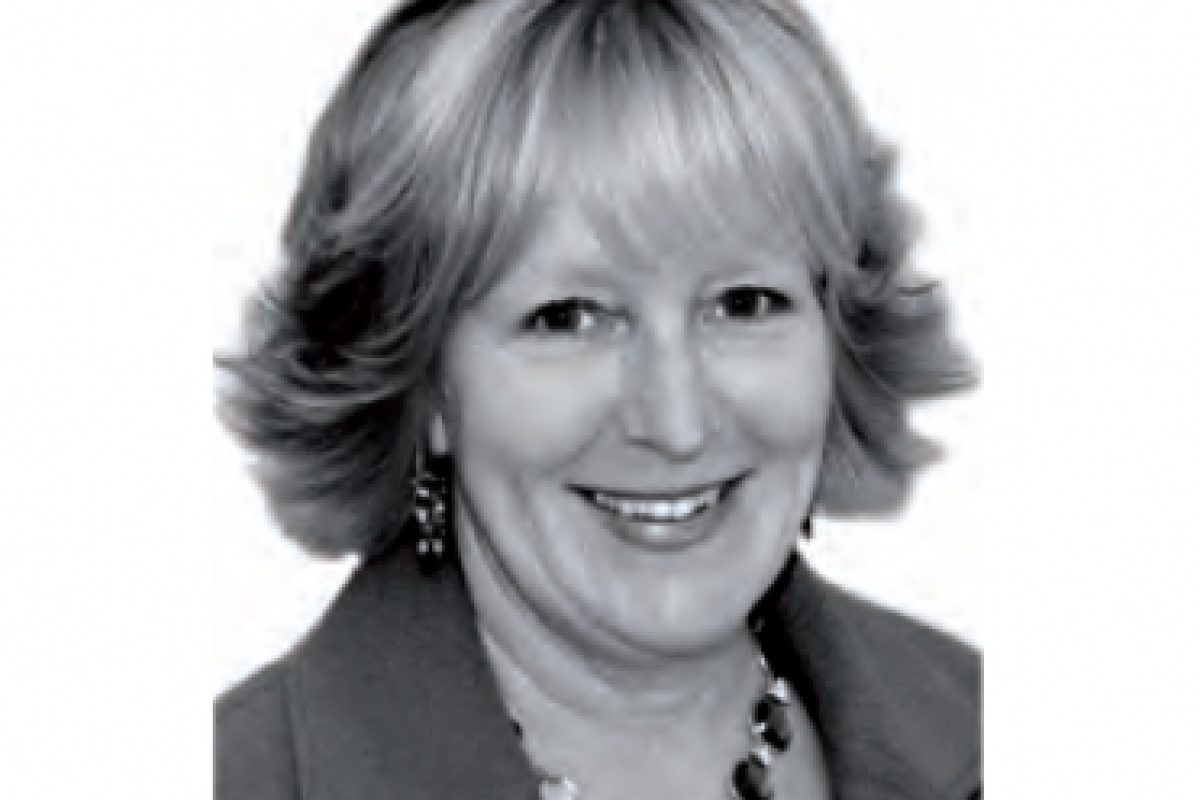Attitudes and behaviour refuse to follow logical patterns, says Melanie Howard
Centuries after the Enlightenment there is still a mighty battle raging to decide what really dominates the wellsprings of human action. On the one hand, the majority consensus in liberal democracies holds that our choices can, and should, be made according to a rational model – determined by reason, knowledge and science in the footsteps of John Locke and those legions of philosophers and social theorists that followed.
Yet, in the other corner – experiencing a surge in voice and influence – is the force of irrationality that we might have assumed had disappeared as religion trumped magic in the 16th century and religious fervour was brought under control in an increasingly educated society. Is this not rather exaggerated, I hear readers thinking? Well no, we have evidence to the contrary. Even such high-brow debates as Richard Dawkins’ polemical crusade against the ‘God Delusion’ can have powerful echoes in the mundane world of everyday consumer decision-making.
No place for logic
Recent observations in the nVitro trend-spotting laboratory at the Future Foundation are leading us to hypothesise that less-than-rational themes are making a strong comeback, if indeed they ever went away. But this cuts both ways. On the one hand we’re making choices that are injurious to our health and wellbeing in the long term – such as drinking and eating too much. We ignore that the Government’s Foresight team is forecasting that more than half of us will be obese by 2050.
On the other hand, trends such as ‘magic nostalgic’, which describes a powerful attachment to things from the past in a never-ending retro-cycle of fashion, design and sentiments as emotional support in the face of too much change, are motoring ahead. This year, McDonald’s has brought out a new version of its original burger from 1955, and Coca-Cola has celebrated 125 years with a range of retro-designs on their cans from the 1930s and 1940s to help consumers feel the warm glow of heritage.
When put to the test in a recent interactive session with Future Foundation clients, we found that the majority of our subscribers also judge a number of our other well-established consumer trends to be irrationally driven. One good example is ‘authentiseeking’ – best characterised by the tendency to revere the handmade and local over the mass-produced and global.
Equally, they judged the long-running and powerful trend, the ‘culture of fear’ (first identified by sociologist Frank Furedi in 1997) to be highly irrational – but no less powerful for it. After all, it describes how fear itself has become the problem rather than any empirical basis on which the real risks to our lives and health, and the safety of our children, might be judged.
The difficulty in judging what is rational and what isn’t was illustrated by participants’ responses to the ‘personalisation of authority’, which describes our tendency to trust people close to us for advice on what to buy and where to go. Around 60% deem this irrational and 40% consider it rational.
Whether rational or not in origin, our increasing faith in word of mouth has inspired online retailers to create proxy versions through inviting user reviews. But the latest twist – quite rational perhaps – is that the veracity of many of these is now being questioned, and new services such as Revoo.com have sprung up to ensure they are 100% genuine.
The growing array of methodologies to explain consumer behaviour and decision-making provides insights into how we choose. Behavioural economics has so impressed the Government that there is a unit in the cabinet office, figuring out how ‘nudge’ can help propel us in the right direction. It is predicated on the recognition that the assumption of rationality in classical economics has failed and that greater subtlety is required to help us help ourselves.
Experimental psychologists such as Dan Ariely1 argue that deliberately irrational choices might prove to be, paradoxically, a more rational route to better ‘bang for our bucks’ in consuming goods and services. He cites the instance of overcoming the effects of ‘hedonic adaption’ – the process by which we become so familiar with new and once delightful material things that they no longer give us pleasure. Breaking up the experience, or delaying purchasing can help extend the enjoyment.
The increasing deployment of research techniques such as brain scanning, eye tracking and emotional monitoring in situ and in the lab, reveals that consumers are as much driven by their impulsive drives, senses and emotions as their cognitive functions. Maybe we have always known this, but the tools available now mean that rather than irrationality being an unknowable and unpredictable force, it’s something we can increasingly measure.
Melanie Howard
Melanie Howard is chair of the Future Foundation and a non-executive director of TCA.
1. Ariely, D (2010). The Upside of Irrationality: The unexpected benefits of defying logic at work and at home. New York, Harper Collins.
